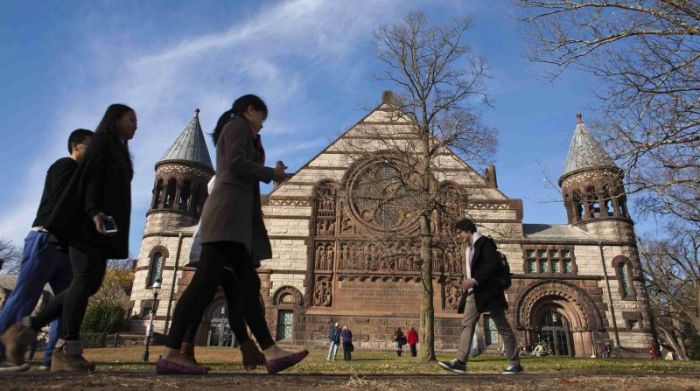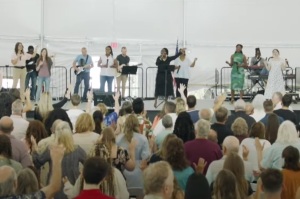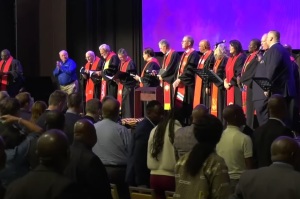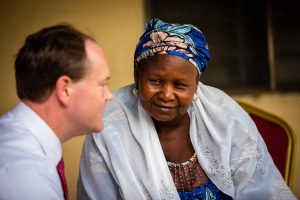‘An act of confession’: Princeton Theological Seminary to set aside $27M for slavery reparations

Princeton Theological Seminary has announced that it will set aside $27.6 million for programs aimed at reparations for slavery.
In a statement released Friday, the seminary’s board of trustees endorsed over 20 initiatives they plan to roll out by 2024 that are centered on what they describe as repenting for slavery.
Although the seminary itself never owned slaves nor had buildings constructed by enslaved men, the school still had ties to southern banks and Antebellum donors who profited off slavery.
Furthermore, a historical audit of the seminary found that some of the early faculty and leadership used slave labor for other efforts.
Princeton Seminary President M. Craig Barnes said in a statement last week that his seminary’s “ties to slavery are a part of our story.”
“It is important to acknowledge that our founders were entangled with slavery and could not envision a fully integrated society,” he stated.
“We are committed to telling the truth. We did not want to shy away from the uncomfortable part of our history and the difficult conversations that revealing the truth would produce.”
Initiatives to be launched as part of this repentance will include new scholarships, hiring a full-time director of the Center for Black Church Studies, some curriculum changes, and increasing local partnerships with “historically disenfranchised communities in and around” the New Jersey-based institution.
The initiatives are expected to cost over $1 million annually, with the school reserving $27.6 million in the endowment in order to sustain it in perpetuity.
Last month, The Episcopal Church-affiliated Virginia Theological Seminary announced that it was setting aside $1.7 million for an endowment fund for paying reparations due to its direct ties to slavery.
Money from the VTS fund will go to such projects as helping African American clergy and helping to support work by historically African American congregations.
The Rev. Joseph Thompson, director of VTS’ Office of Multicultural Ministries, said in a statement last month that the fund “has the potential to be transformative.”
“Though no amount of money could ever truly compensate for slavery, the commitment of these financial resources means that the institution’s attitude of repentance is being supported by actions of repentance that can have a significant impact both on the recipients of the funds, as well as on those at VTS,” Thompson said.
“It opens up a moment for us to reflect long and hard on what it will take for our society and institutions to redress slavery and its consequences with integrity and credibility.”





























